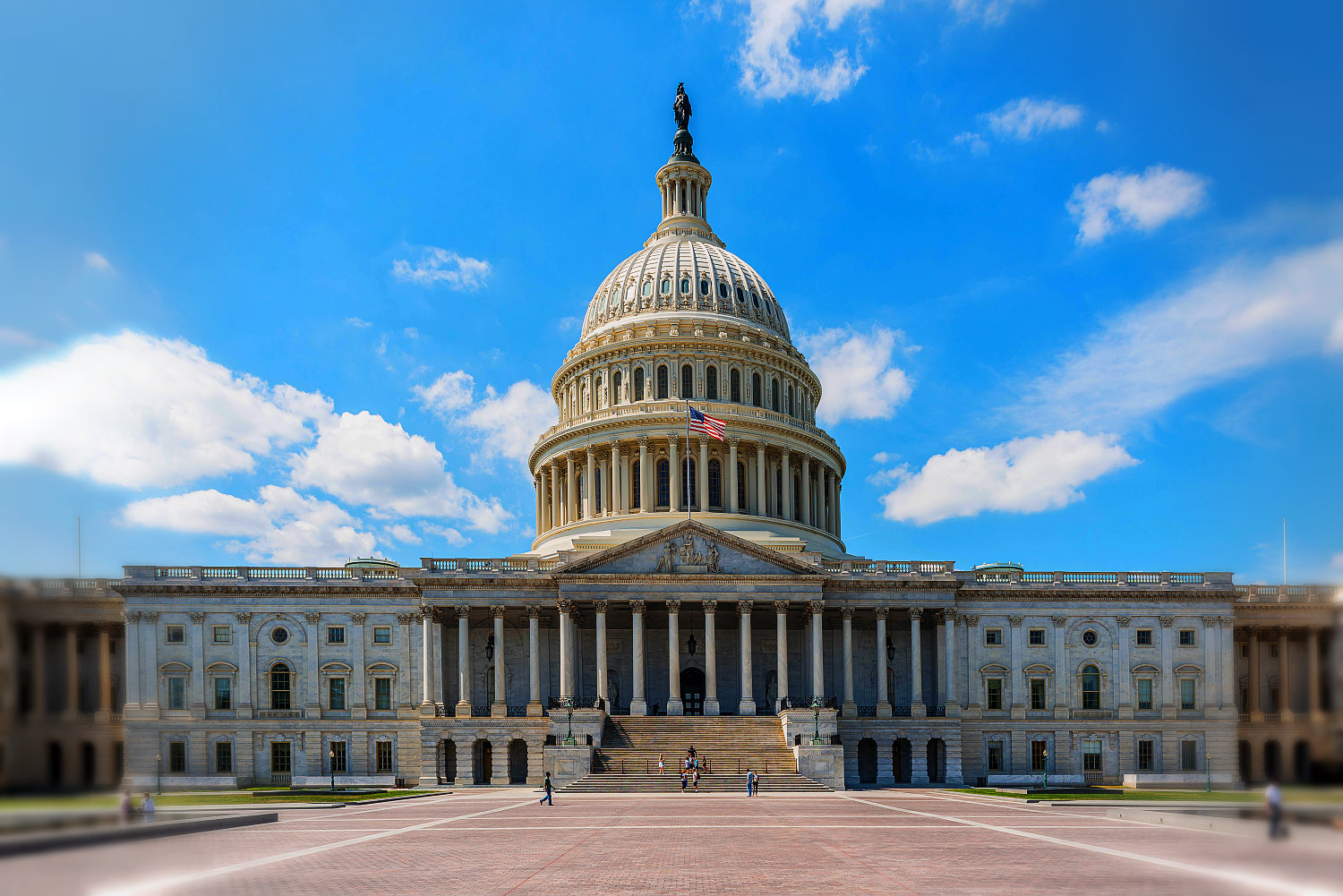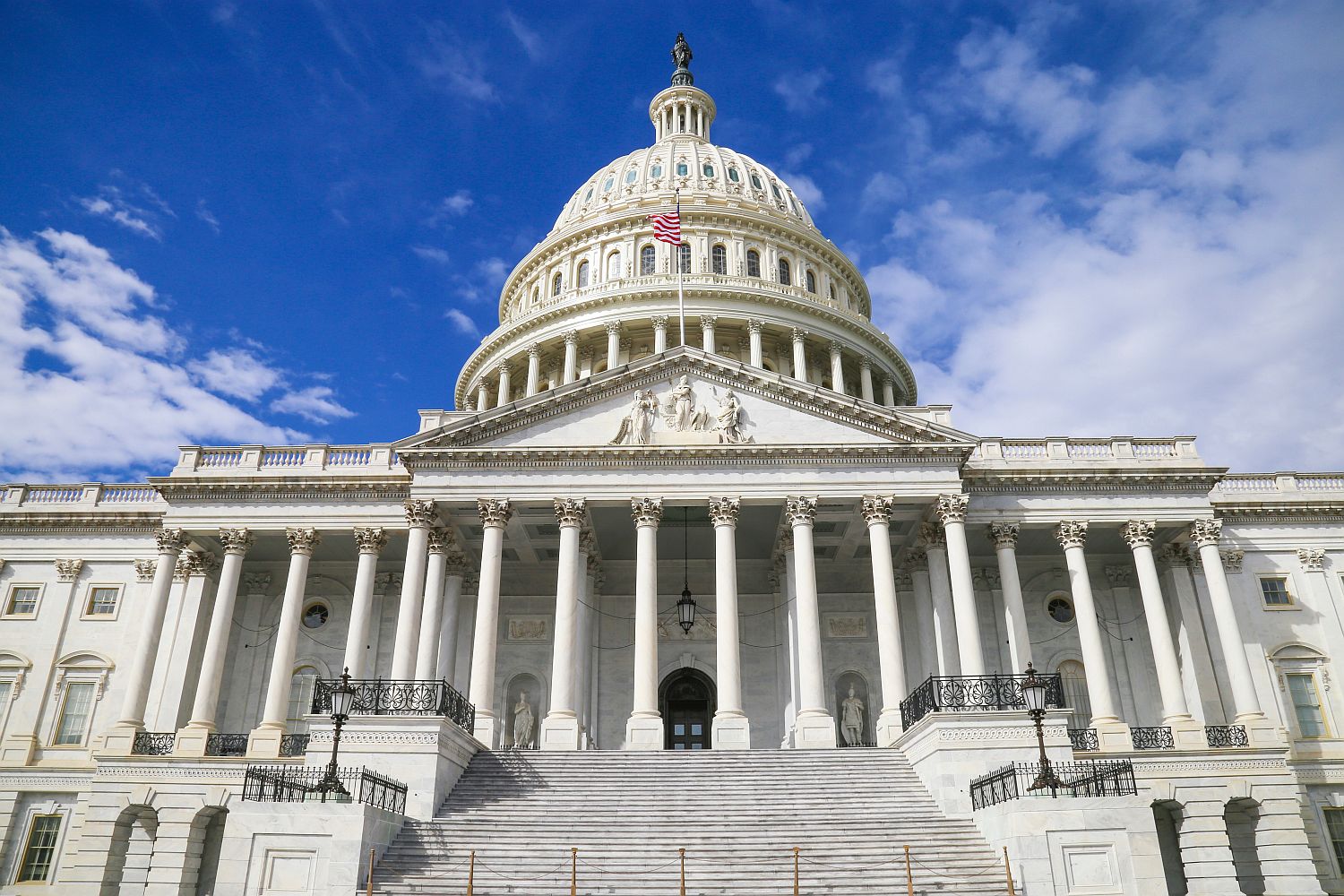[NB: Check the byline, thanks! /~Rayne]
I’ve previously looked at example Articles of Impeachment against Trump in this series of posts:
History’s Rhyme: Nixon’s Articles of Impeachment — focus on Obstruction of Justice
History’s Rhyme, Part 2a: ‘Abuse of Power’ Sounds So Familiar — Abuse of Power (may include Public Corruption)
History’s Rhyme, Part 3: How Nixon’s Impeachment Unfolded — Watergate and Nixon’s near-impeachment timeline
I still plan to return to do Part 2b to address more abuses of power in the near future. He’s racking them up faster than I can record and draft the rest of Article 2.
I’m still working on Article 4 and more related to violations of treaties and foreign policy failures, as well as human rights violations.
Let me note at this point the curious coincidence that The New York Times’ editor has published an article today with spiffy graphics comparing Nixon and Clinton Articles of Impeachment to articles Trump might face. What a topic; what amazing timing, six weeks after I began this series…
~ ~ ~
As noted before, the 93rd Congress’ House Judiciary Committee drafted five Articles of Impeachment against Richard M. Nixon in 1974. Only three of the five were passed by the committee; the first two were related to Obstruction of Justice and Abuses of Power. The misuse of government resources to spy on individuals and political opponents combined with Nixon’s efforts to thwart subsequent investigations into these abuses were impeachable on their own.
Nixon, however, doubled down and tried to withhold materials responsive to the Senate Watergate Committee’s, the special prosecutor’s, or the House investigation into the abuses of power which were revealed by the Pentagon Papers and the Watergate break-in.
How very familiar this feels, given how utterly uncooperative Trump and his administration have been in response to House Committee requests and subpoenas.
In July 1973 the Senate Watergate Committee and special prosecutor Archibald Cox both requested tapes recorded in the Oval Office; Nixon refused to comply.
On October 19, Nixon instead offered a compromise: Senator John C. Stennis would listen to the tapes for the special prosecutor’s office. Stennis had a hearing disability making this compromise untenable; Cox refused the offer.
Nixon ordered the Attorney General Eliot Richardson and Deputy Attorney General Ruckelshaus to fire Cox. They chose to resign instead. Next at bat was the Solicitor General Robert Bork who fired Cox on October 20, 1973. The resignations and Cox’s firing became known as the “Saturday Night Massacre.”
Cox’s successor Leon Jaworski subpoenaed the tapes on April 16, 1974. The White House offered only partial compliance by offering edited transcripts of the tapes on April 30.
Jaworski and the House Judiciary Committee insisted unedited actual tapes must be released in full; a deadline of May 31 was set for compliance.
Nixon’s special counsel James D. St. Clair went before Judge John Sirica of the U.S. District Court for the District of Columbia to quash the subpoena. Nixon’s motion was denied. Sirica ordered Nixon to turn over the tapes by May 31, 1974.
Special prosecutor Jaworski and Nixon appealed directly to the Supreme Court in United States v. Nixon. The court began to hear arguments on July 8.
The court delivered a unanimous decision on July 24, affirming the D.C. District Court’s order that subpoenaed materials be transmitted to that court.
Three days after the legal battle over the tapes ends, the House Judiciary Committee drafted and began to pass three of five Articles of Impeachment.
Sixteen days after the United States v. Nixon decision, Nixon resigned rather than face a trial before the Senate.
~ ~ ~
The third Article of Impeachment against Nixon was the simplest of the three the House Judiciary Committee passed. In essence it said Nixon had
… failed without lawful cause or excuse to produce papers and things as directed by duly authorized subpoenas issued by the Committee on the Judiciary of the House of Representatives on April 11, 1974, May 15, 1974, May 30, 1974, and June 24, 1974, and willfully disobeyed such subpoenas. …
This itemization was sandwiched an opening and a closing statement – in total, Article 3 was a whopping 281 words long. Short and sweet, it only addressed contempt of Congress and not Nixon’s failure to comply with the special prosecutor’s requests or the Senate Watergate Committee’s requests.
Now compare that to a theoretical Article 3 against Trump:
Article 3 – Contempt of Congress
In his conduct of the office of President of the United States, Donald J. Trump, contrary to his oath faithfully to execute the office of President of the United States and, to the best of his ability, preserve, protect, and defend the Constitution of the United States, and in violation of his constitutional duty to take care that the laws be faithfully executed, has failed without lawful cause or excuse to produce testimony, papers and things as directed by duly authorized requests and subpoenas issued by the Committee on the Judiciary of the House of Representatives.
On the matter of Security Clearance:
The House Oversight Committee, while investigating the White House and Transition Team disregard for established procedures for safeguarding classified information, requested voluntary testimony from U.S. Defense Department’s Carl Kline on four occasions – January 23, 2019, February 11, 2019, March 1, 2019, and March 18, 2019. Mr. Kline failed to respond to these requests, and the White House refused to make him available. After testimony from whistleblower Tricia Newbold on April 1, 2019, the Committee received last-minute letters from Mr. Kline’s lawyer and the White House saying he would voluntarily comply. However, they made clear that he would not answer questions about specific officials, specific security violations, or specific security clearance adjudications, but instead would speak only about general policies and procedures.
On the matter of 2020 Census:
During the House Oversight Committee’s investigation into the Trump Administration’s secret efforts to add a citizenship question to the 2020 Census, Secretary Ross and other Department of Commerce (DOC) officials asserted multiple times before House Oversight Committee (May 8, 2018), House Committee on Appropriations (March 20, 2018), the House Committee on Ways and Means (March 22, 2018), the Senate Committee on Appropriations (May 10, 2018) that the decision to include a citizenship question on the 2020 Census arose from a request from the Department of Justice in December 2017. Internal documents dated March 10, 2017; April 5, 2017; May 2, 2017; July 21, 2017; August 9, 2017; and September 16, 2017 made public show that Secretary Ross took steps to add the citizenship question to the 2020 Census months before the DOJ’s request. The House Oversight Committee identified priority documents, extended deadlines, and offered to review certain documents in camera. The White House continued to avoid compliance with requests for information necessary to determine the real reason Secretary Ross added the citizenship question, obliging the Committee to subpoena Secretary Ross for testimony and documents.
On the matter of Potential Foreign influence on the U.S. Political Process:
As part of their oversight authority and their subsequent investigation into allegations that Russia and other foreign entities influenced the U.S. political process during and since the 2016 U.S. election, both House Committees on Intelligence and on Ways and Means have sought Donald J. Trump’s financial records to determine whether U.S. financial system was used for illicit purposes including unlawful influence through foreign banks operating in the U.S. with longtime relationships with Trump and past ties to Russian money laundering. Subpoenas were served on Deutsche Bank and Capital One for records related to their business transactions with the Trump family and Trump Organization. On April 30, 2019, the Trump family and Trump Organization filed a lawsuit against these financial institutions to prevent them from complying with the Congressional subpoena, thereby obstructing the Committees’ investigation. The D.C. District Court ruled on May 22, 2019 against the Trump family and Trump Organization but they have since filed an appeal.
On the matter of the Special Counsel’s Investigation:
The House Judiciary Committee, while investigating the Trump administration for possible obstruction of the Special Counsel’s investigation into foreign interference with the 2016 election, has subpoenaed former White House counsel Don McGahn to appear before the committee to discuss Donald J. Trump’s attempt to remove Special Counsel Rober Mueller and possible subornation of perjury. Special Counsel had previously interviewed Mr. McGahn while Mr. McGahn was still employed as White House counsel. Mr. McGahn no longer works for the White House and was subpoenaed after his employment ended. Donald J. Trump has since said he does not want his aides to testify before Congress. He also said, “We’re fighting all the subpoenas.” Attempts to obstruct justice and suborn perjury are not reasons for compelling confidentiality.
[ — TO BE CONTINUED — ]
Donald J. Trump has willfully disobeyed, or directed, or authorized disobedience by executive branch officials of such requests and subpoenas. The requested and subpoenaed testimony, papers, and things were deemed necessary by the Committee in order to resolve by direct evidence fundamental, factual questions relating to Presidential acts, direction, knowledge or approval of actions demonstrated by other evidence to be substantial grounds for impeachment of the President.
In refusing to produce these testimony, papers, and things Donald J. Trump, substituting his judgment as to what materials were necessary for the inquiry, interposed the Article II powers of the Presidency against the lawful subpoenas of the House of Representatives, thereby assuming to himself functions and judgments necessary to the exercise of the sole power of impeachment vested by Article I of the Constitution in the House of Representatives.
In all of this, Donald J. Trump has acted in a manner contrary to his trust as President and subversive of constitutional government, to the great prejudice of the cause of law and justice, and to the manifest injury of the people of the United States.
Wherefore, Donald J. Trump, by such conduct, warrants impeachment and trial, and removal from office.
Take careful note: this theoretical article of impeachment is not complete, both because I haven’t fully documented every occasion when Trump and his administration have failed to comply with Congress’s requests and subpoenas, and because noncompliance is ongoing. The itemization of acts of contempt of Congress could be at least twice as long.
What else should be added which would qualify as contempt of Congress by the Trump administration?
~ ~ ~
Now here’s where it gets sticky, before I even look at another theoretical Article of Impeachment as I intend to do. We are at the point right now in the timeline that the Senate Watergate Committee, Special Prosecutors Cox and Jaworski, and the House Judiciary Committee were at in between October 1973 and May 1974, before the House began an impeachment inquiry. Trump and his administration have already ignored or rejected requests for testimony, papers, and things issued by both the Special Counsel’s Office and by Congress.
What Special Counsel Robert Mueller did not do was fight all the way to the Supreme Court to revisit United States v. Nixon.
At this point I want to make very clear what follows is my personal speculation, along with a reminder that I am not a lawyer.
I believe Mueller did not want to take the demand for Trump’s testimony and other papers and things all the way to the Supreme Court because the court’s current composition and its decisions have not instilled confidence in its ability to recognize the United States v. Nixon decision as settled, let alone trust the court will recognize Congress’s Article I powers of oversight and its co-equal status.
I believe Mueller recognized that Trump has no respect for the law or norms; it would be a horrible sacrifice to disturb the court’s decision in United States v. Nixon only to have Trump refuse to recognize the authority of any decision the court made against him.
I believe Mueller may have made an impeachment referral for exactly this reason — the solution isn’t to take this matter to the Supreme Court which is what Trump wants, before a bench which was skewed in 2016 by Senate Majority Leader Mitch McConnell’s refusal to allow former President Obama his nominated choice, Merrick Garland.
The solution is for the House to impeach Trump based on his ample failings to date as president.
Further, I believe it is up to the public to demand the Senate do its duty to try, convict, and remove Trump from office before he does any more damage to the nation including undermining Congress’s Article I powers. As long as Trump remains in office he poses a threat to the Constitutionally-described three co-equal branches of government which have served this nation since ratification of the Constitution 230 years ago.
Some will say that we can remove Trump ourselves as voters at the polls in 2020. Should we really wait that long when we have already made a choice at the polls to elect representatives who are enabled by the Constitution to rectify gross failings of civil officers who have committed High Crimes and Misdemeanors?
~ ~ ~
“A republic, if you can keep it,” Ben Franklin explained when asked what form our government would take upon leaving the Constitution Convention.
What will you do to keep it? I’m looking at you, all 538 members of Congress elected to represent us, who swore an oath to uphold and defend the Constitution.
I’m looking at you, the people referred to in the Constitution’s Preamble; will you call your representative and two senators and insist on impeachment and removal?




